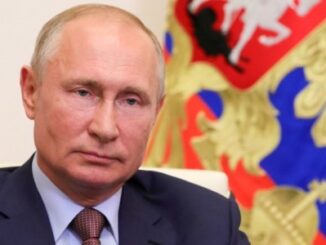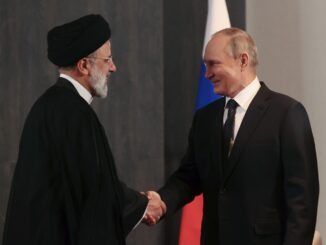
Authored by Irina Slav via OilPrice.com,
“The world is in the middle of the first truly global energy crisis,” the executive director of the International Energy Agency, Fatih Birol, said today in Singapore.
IEA projections show global oil consumption growing by 1.7 million barrels a day in 2023. Russian crude will be needed to bridge the gap between demand and supply, Birol said.
As Reuters reports, a U.S. Treasury official told Reuters last week that it is not unreasonable to believe that up to 80% to 90% of Russian oil will continue to flow outside the price cap mechanism if Moscow seeks to flout it.
“I think this is good because the world still needs Russian oil to flow into the market for now. An 80%-90% is good and encouraging level in order to meet the demand,” Birol said.
The official went on to warn that natural gas and LNG markets would tighten further in 2023, with only 20 million tons of new liquefaction capacity scheduled to come online in that year, Reuters reported.
Speaking at the Singapore International Energy Week, the head of the IEA also said that while supply remains tight, demand for gas will continue to be strong, especially in Europe and possibly in China.
Birol’s warning comes amid expectations that this winter will not be the toughest for Europe.
Next winter is believed to be potentially much worse because, during the first half of this year, the EU could stock up on Russian pipeline gas, which is unlikely to come back next year, leaving the EU with a supply gap that other suppliers would be hard-pressed to fill.
Meanwhile, as many as 60 LNG tankers have turned into floating storage off European coasts as there is not enough regasification capacity on the continent to unload the cargo.
This, CNBC reports, is delaying some of the tankers’ return to the Gulf Coast to reload, and pushes gas inventories higher, Andrew Lipow from Lipow Oil Associates told the network.
“The wave of LNG tankers has overwhelmed the ability of the European regasification facilities to unload the cargoes in a timely manner,” Lipow said.
The shortage of LNG import capacity is aggravating Europe’s gas supply crisis but there is no quick solution to this problem except floating regasification units that Germany, for one, is seeking to deploy by the end of the year.
Price is also challenging, with LNG a lot costlier than the pipeline gas Europe was used to. Earlier this month, French president Emmanuel Macron slammed the U.S. for setting double standards in this respect, pointing to how gas cost much less on the U.S. market than on the international LNG market.



